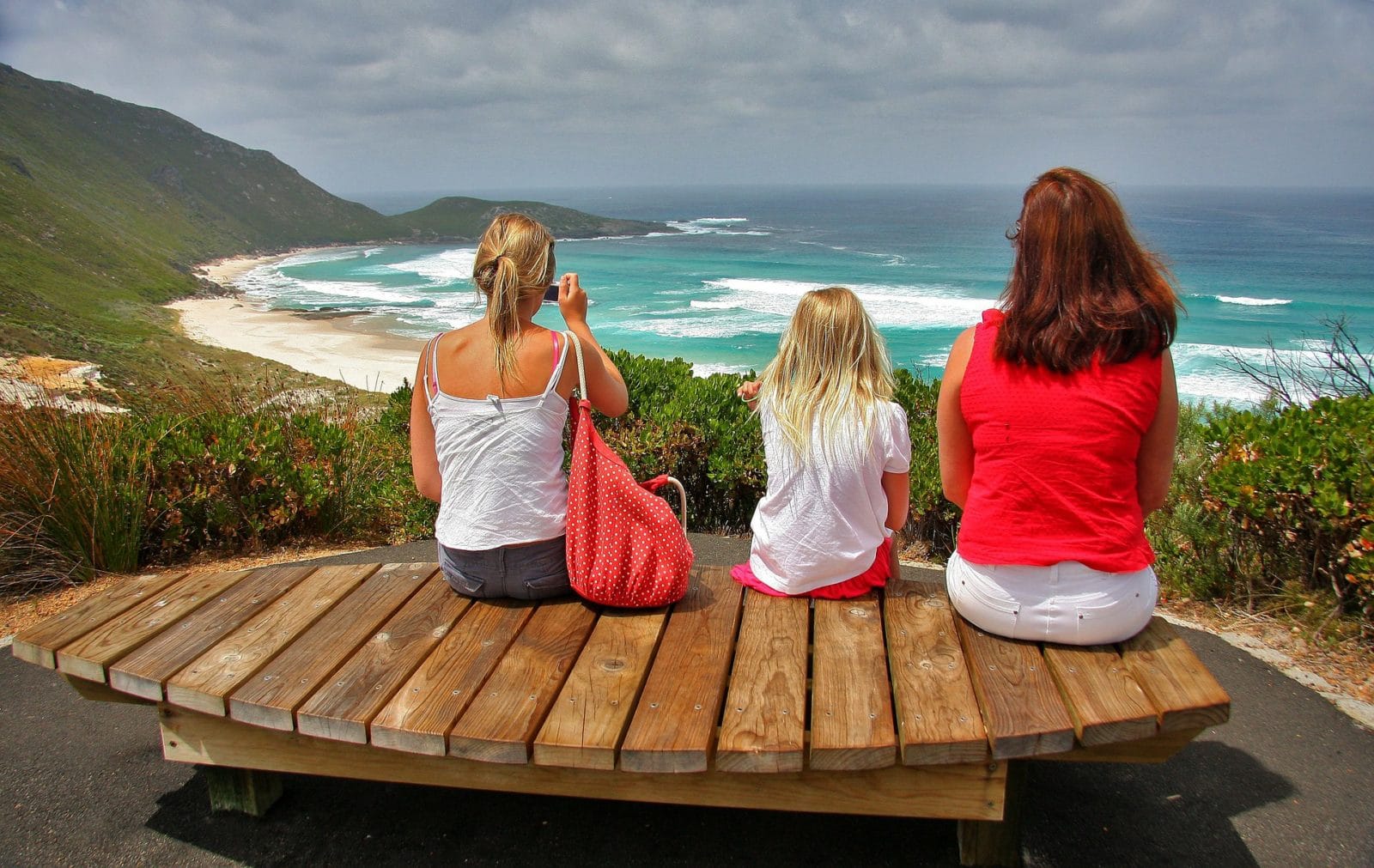Obviously, despite our differing views we all want to raise children safely with wholesome values and morals. Essentially, any parenting style has its pros and cons. But there’s something to be said for how we go about this in communities and cultures throughout the world in modern times. This is more of an opinion piece as a child who grew up in Sydney, Australia, lived with numerous families in Japan (1year Tokyo & 1year Osaka), and now as a parent to two boys living in NorCal U.S.A. Not to mention being “other Mom” to the hundreds of children who have been a part of the ScuttleBugs family over the years.
Due to my personal experiences I would like to reflect on the many factors involved in raising children and address what elements may appeal to you or seem to be missing. An old school friend of mine recently posted her thoughts on Facebook – I must admit most of it certainly rings true for me as well.
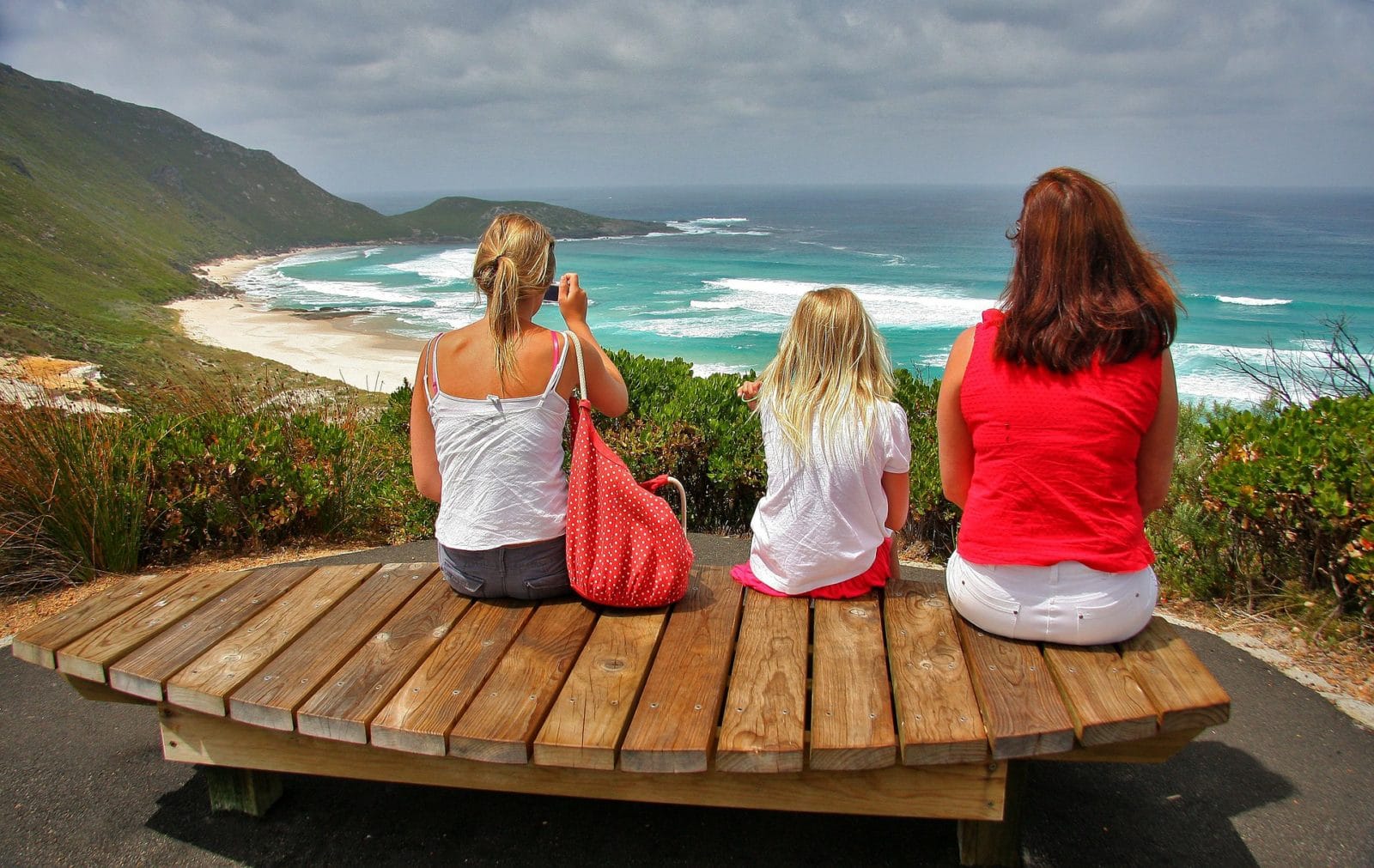
"I grew up in Sydney in a time when everyone treated each other like Family. By today's standards my parents were apparently abusive to me when I was a kid. They made me do household chores and go to school. They gave me a curfew and smacked my bottom when I did wrong. They put food on the table and we were expected to eat it. They put clothes on our backs and we were expected to wear them. They suggested I get a job and work for the things that I wanted. They insisted that I do my best at school, at my job, and to take pride in my work. I grew up with morals, a good work ethic, and respect for the law and my elders. I thank them everyday for that! Glad I was "abused"!!
We didn't eat fast food, except Fish & chips on a Friday, we drank cordial, ate cold meats, peanut butter & vegemite sandwiches, fish fingers & pies with tomato sauce. We also ate what was set before us or we ate nothing at all. We would gather empty soft drink bottles to take back to the shops and use the money to buy lollies, you sure could get a lot of lollies for 20c. We played cowboys and indians & war with cap pistols. There was no bottled water, just the water from the hose. We would ride our bikes for hours, no mobile phones or electronic games. We went swimming and eeling in the river. We weren't AFRAID OF ANYTHING except our parents if we played up. If we played up, other parents would kick us in the butt for being a little shit.
If someone had a fight, that's what it was...a fist fight and you were back to being friends 10 minutes later. We never thought of taking a life, especially not our own. School was mandatory. We watched what we said around our elders because we knew if we DISRESPECTED any grown-up we would get our behinds kicked, it wasn't called abuse, it was called discipline!
Please, Thank you, a polite "yes" and "no" were part of our daily dialogue! We knew dinner was served by 6 pm and we were to be home to help set the table. ... Wouldn't it be nice if it were possible to get back to this way of life?”
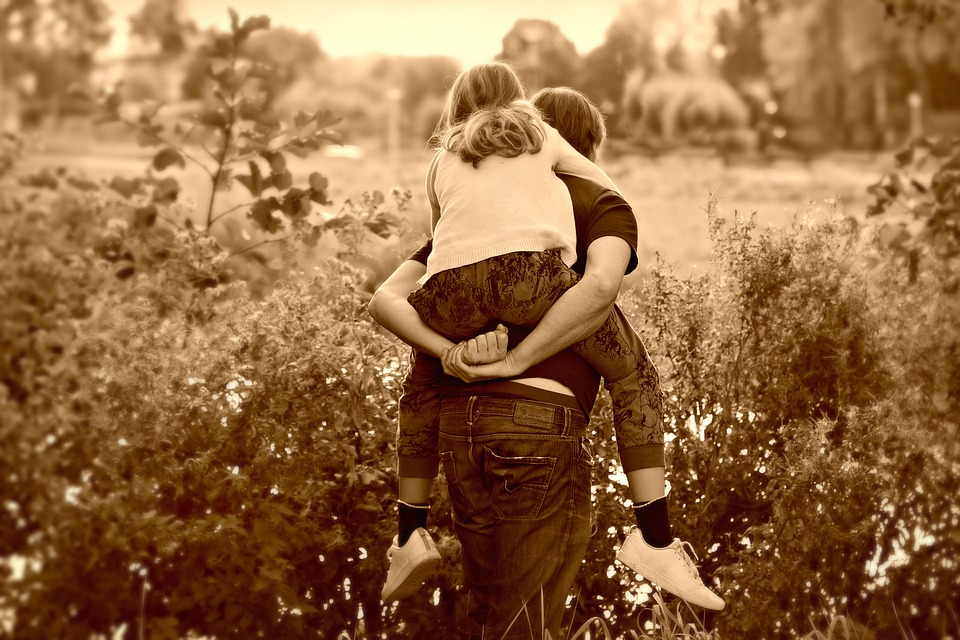
Before I elaborate I must state that my (single) Mom was somewhat of an over-protective parent and my Dad (every other weekend and part holidays) was pretty-lax as far as rules and boundaries are concerned. Areas to highlight and incorporated in my own parenting cache are, common sense, accountability/responsibility, accidents/incidents, discipline/repercussion’s etc. These involve various degrees of micromanaging, prevention from failing, teaching responsibility, over reacting/consoling, controlling friendships, instilling fear, hindering branching out – trying new things, constantly checking in, and/or removing real life experiences. Of course, there are times where I am guilty of not leading by example and especially as your children get older you will probably experience the ramifications/knock on effect of this. 🙁
Allow me to provide 2 real life examples. A few years ago we had a child visiting who fell from our outdoor structure during their orientation visit right before the mother’s eye’s. Naturally, she proclaimed it an accident and they subsequently enrolled. Another instance, a younger child recently crawled into a table resulting in their first egg-nog. Unfortunately, circumstances lead to their parent making a child abuse/felony charge which obviously was unsubstantiated by Police and Licensing. Two stark opposite parenting styles of which I could cite numerous others on both sides over my history of being in this field of trust!
Many parents have an aversion to having their children participate in sports – of which there are many aspects they miss out on as a result. Does it not encourage a latent lifestyle often involving too much screen? A great deal of research confirms that a chronically stressful childhood often lead to an adult with anxiety, depression, and other mood and adjustment disorders. Evidence is mounting that acute stress is not just fun, but beneficial, even necessary for childhood development.
In doing my research there are generally four typologies (some are synonymous, others I have labelled with subsets) of which I am summarizing here:
- Authoritarian parents are the authority in their child’s life. They set the rules and say “jump” and their child responds “how high?”. (Most similar to tiger parents.)
Helicopter parents take over every aspect of the child’s life. Helicopter parents that seek to shield their children from all forms of adversity are not doing them any favors.
A growing body of research under the banner of the hygiene hypothesis points to the conclusion that exposing kids to "safe germs" early and often actually strengthens their immune systems in the long term. The politics of child safety are complicated by legal, financial, and sociological factors that often defy logic and common sense.
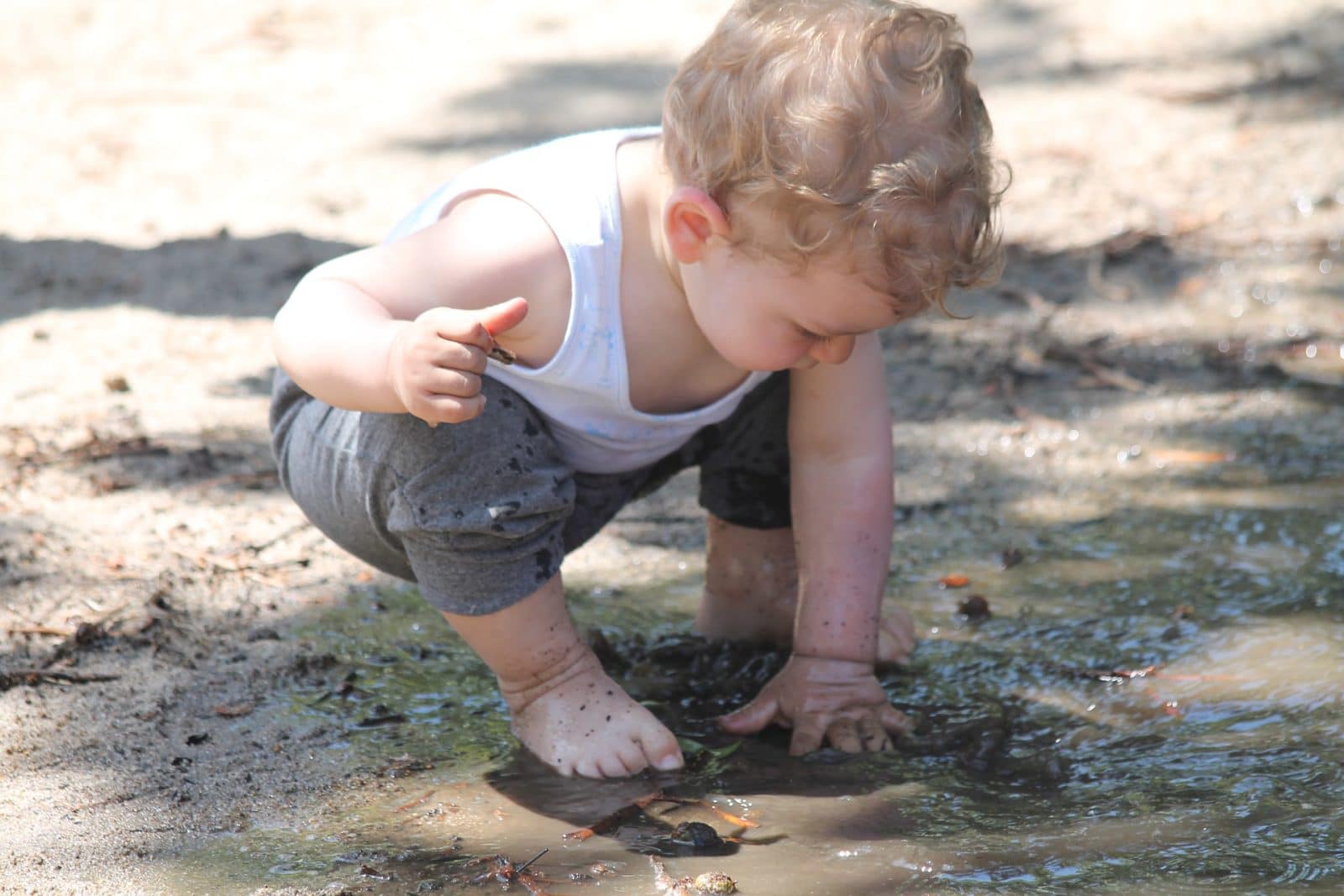
In medicine, the hygiene hypothesis states a lack of early childhood exposure to infectious agents, symbiotic microorganisms (such as the gut flora or probiotics), and parasites increases susceptibility to allergic diseases by suppressing the natural development of the immune system.
"This very pessimistic, fearful way of looking at childhood isn't based in reality," Skenazy explains. "It is something that we have been taught."
For years, Skenazy sought to correct the misconception of childhood dangers — telling parents that childhood abductions and murders are at record lows, even as perceptions of danger have risen.
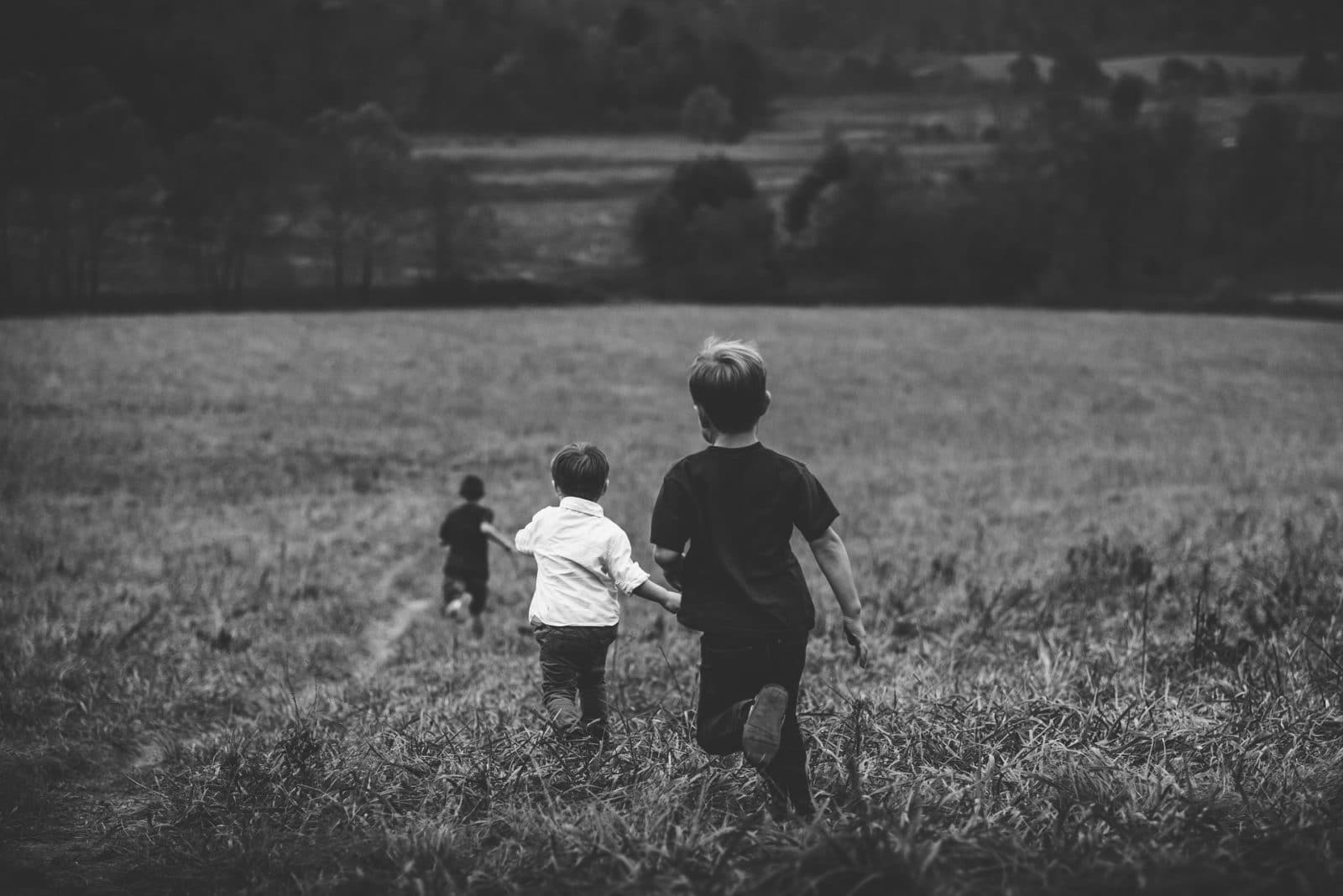
- Permissive parents are lax about their expectations, don’t set standards and don’t ask much of their children. I view this sector as somewhat neglectful or absent parenting, although my Dad definitely, fell into this category as cited in examples mentioned in this piece.
Attachment or gentle parents, who are relaxed but set limits in line with the child’s needs and character.
Free-range parents, who, according to Wikipedia, allow children a great deal of freedom.
Free-range parenting is the concept of raising children in the spirit of encouraging them to function independently and with limited parental supervision, in accordance of their age of development and with a reasonable acceptance of realistic personal risks. Seen as the opposite of helicopter parenting, the idea was popularized by pediatrician Benjamin Spock.
I identify myself as a Free-range parent. We are fortunate to live in the Bay area with some acreage for our kids to be free and explore/interact with nature much as I did as a child. Having said that, ours take a walkie talkie and we aim to choose times in the day when the wildlife aren’t hunting (read mountain lion, coyotes, fox & racoons)?!
For many it is a necessity - past decades created latchkey child. A latchkey child is a child who returns from school to an empty home, or a child who is often left at home with little parental supervision, because their parent or parents are away at work. This arrangement, sometimes known as nesting, has emerged over the past decade as an offshoot of the equal-custody, or co-parenting, trend.
Despite my Mom’s best intentions and employment opportunities, I was a latch key child at times when I was in middle school (and with an older brother present). There is also something more than ironic about the fact that latchkey kids like myself are raising our own children in a time when helicopter parenting or overparenting is, sadly, all too common. And yet after plenty of research which shows that overparenting our children doesn't help but hurts them, it's hard to understand why more of us don't try to move past the "fear factor" and just let our kids do the things we did growing up.
- Neglectful parents are uninterested in their children and unwilling to be an active part of their child’s life.
So, there was a time when my Dad (here we go again), older brother and myself did a 2 day bushwalk, carrying what we needed, sleeping under the stars in the Aussie bush/coastline. Due to my aversion to socks and shoes I insisted on completing the journey in Thongs (read Flip Flop’s) which eventually lead to me “crying wolf” about treading on a poisonous creature (red belly black snake). Finally, this actually did happen on the second day but by then no one believed my fake cries – another important life lesson.
- Authoritative parents are highly demanding while being highly responsive.
Tiger parents, who are seen as pushing their children to succeed according to their parents' terms.
Snowplough parents, who remove obstacles to make life easier for their child.

As recently reported on Vox, the "cult of kiddie danger" has so completely consumed some parents and government officials that even swings - yes, SWINGS - are now considered too dangerous for some playgrounds.
I remember coming a cropper (translation: being injured) when I was learning how to pump a swing then jump off at mid upward ark to land on your feet. Needless to say, this was long before padding/wet pour/turf/tan bark – there was just sand and grit! I still have that scar and remember my Dad picking the bits out with tweezers that night (but it was no one’s fault as such). Certainly, another lesson to be learnt here.
So, what’s to be said of the lack of instilling accountability/responsibility or fostering common sense in younger generations (as evidenced by Gen X’s sense of entitlement and thinking they can start at the top instead of working towards it)? Although all of our sentiment and intent are well meaning, overly protective or absent parents really aren’t doing kids any favors. What we should aim for is for future generations to go out into the world with realistic views and always believing they should try their hardest, are able/willing to overcome any ramifications or consequences and try to succeed, regardless.

